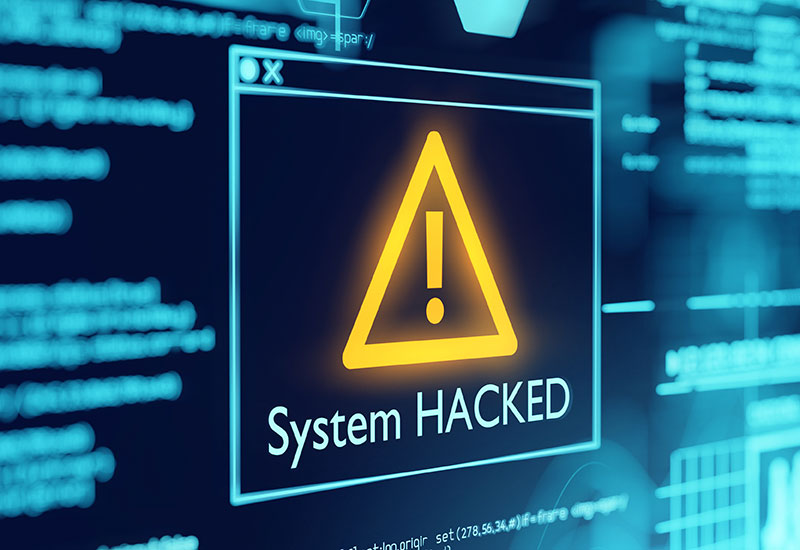Could this happen to your business?
You’ve probably seen the headlines about Jaguar Land Rover’s catastrophic cyber-attack on 1 September.
It all started with something shockingly simple.
Employees were tricked into giving up their login details by criminals impersonating IT staff. Once inside the system, the hackers tried to seize control of the network running JLR’s physical assembly lines.
To contain the threat, JLR had no choice but to pull the plug — shutting down production across the UK, as well as key operations in Slovakia, China and India.
For five weeks.
The estimated cost? £1.9 billion.
But perhaps the most devastating blow was this: JLR didn’t yet have cyber insurance in place. The contract was still being finalised. And so, the entire loss will come straight out of its own pocket.
It’s a stark reminder that even the most sophisticated companies can be brought to their knees by a single oversight.
And it raises three critical questions for every business owner:
1. Do you have cyber insurance?
This is no longer a ‘nice to have’. Cyber-attacks are now a fact of life.
According to government figures[1], 43% of businesses and 30% of charities experienced a cyber breach or attack in the past 12 months — from one-person operations to giants like JLR and M&S (targeted by the same group).
The criminals are getting smarter. Their tactics are evolving faster than most companies can keep up. No one is immune.
2. What other risks are you overlooking?
Cyber threats are just one of many dangers businesses underestimate.
Fraud. The loss of key personnel. Equipment failure. Supply chain breakdown.
We once worked with a client whose factory sat opposite a building used for animal testing. Protesters gathered outside so often that we arranged insurance for “denial of access” — in case the factory was forced to close temporarily.
You can’t prepare for every eventuality, but you can plan for the most likely ones. And if disaster does strike, you’ll be relieved you took the time to think things through ahead of time.
That’s why every business — no matter its size — needs a risk register.
3. Could your business be hit by someone else’s disaster?
In JLR’s case, the damage rippled far beyond its own walls. Around 5,000 suppliers suddenly saw their orders cancelled and deliveries stopped in their tracks. Many won’t fully recover until 2026.
You might have great systems in place — but what about your suppliers? Your clients?
Could you keep operating if your biggest customer suddenly went under?
Or if a key supplier suffered a cyber-attack — or a flood that halted production?
Disaster doesn’t have to strike you directly to hit your bottom line hard.
Many smaller businesses never stop to think through these “what ifs”. There’s always too much day-to-day to deal with.
But building and maintaining a proper risk register isn’t just a compliance exercise. It’s what responsible, grown-up businesses do to safeguard their future.
That’s how we manage your finances, when we work together — giving you the same level of financial management and foresight that larger companies take for granted.
Because when something goes wrong, it’s not just an operational problem. It’s a financial one. And it can be catastrophic.
If you’d like to find out how our outsourced finance department can help you protect your business from financial disasters, grow faster and increase profitability — let’s talk.
Simply email garry@insightassociates.co.uk or all us on 01279 647 447 to arrange a no-obligation consultation with me or one of our specialists.
Warmly,
Garry
You might also like: Commercial interests vs financial risk: Managing the tension – Insight Associates Limited





